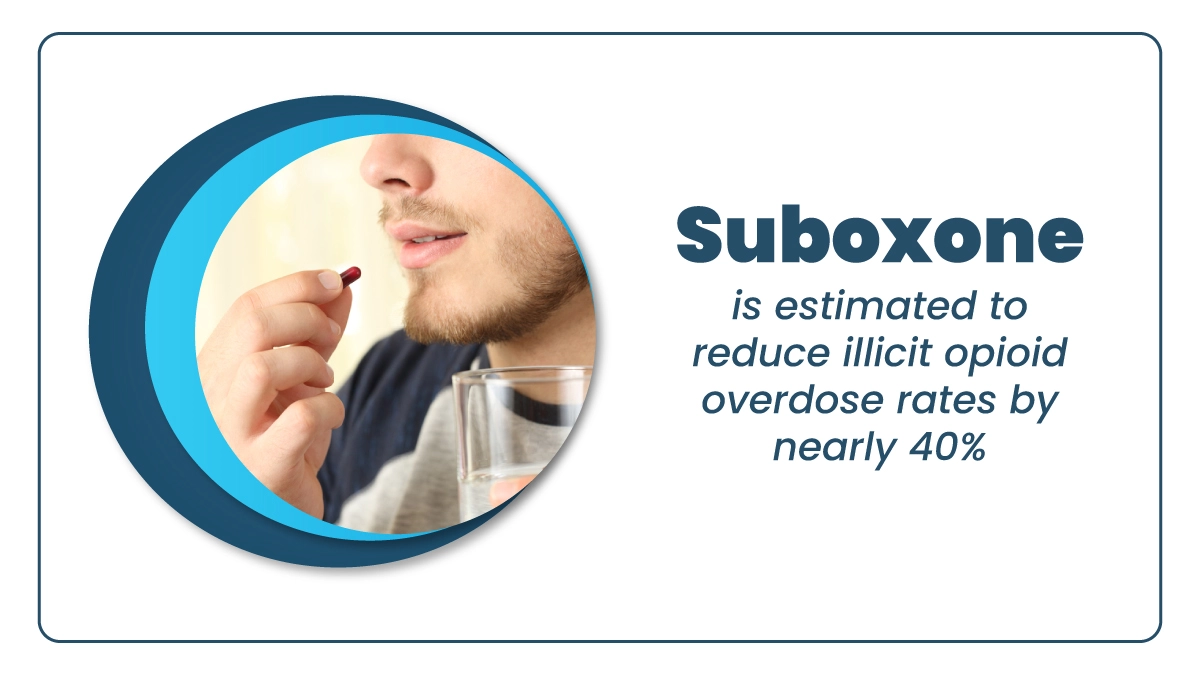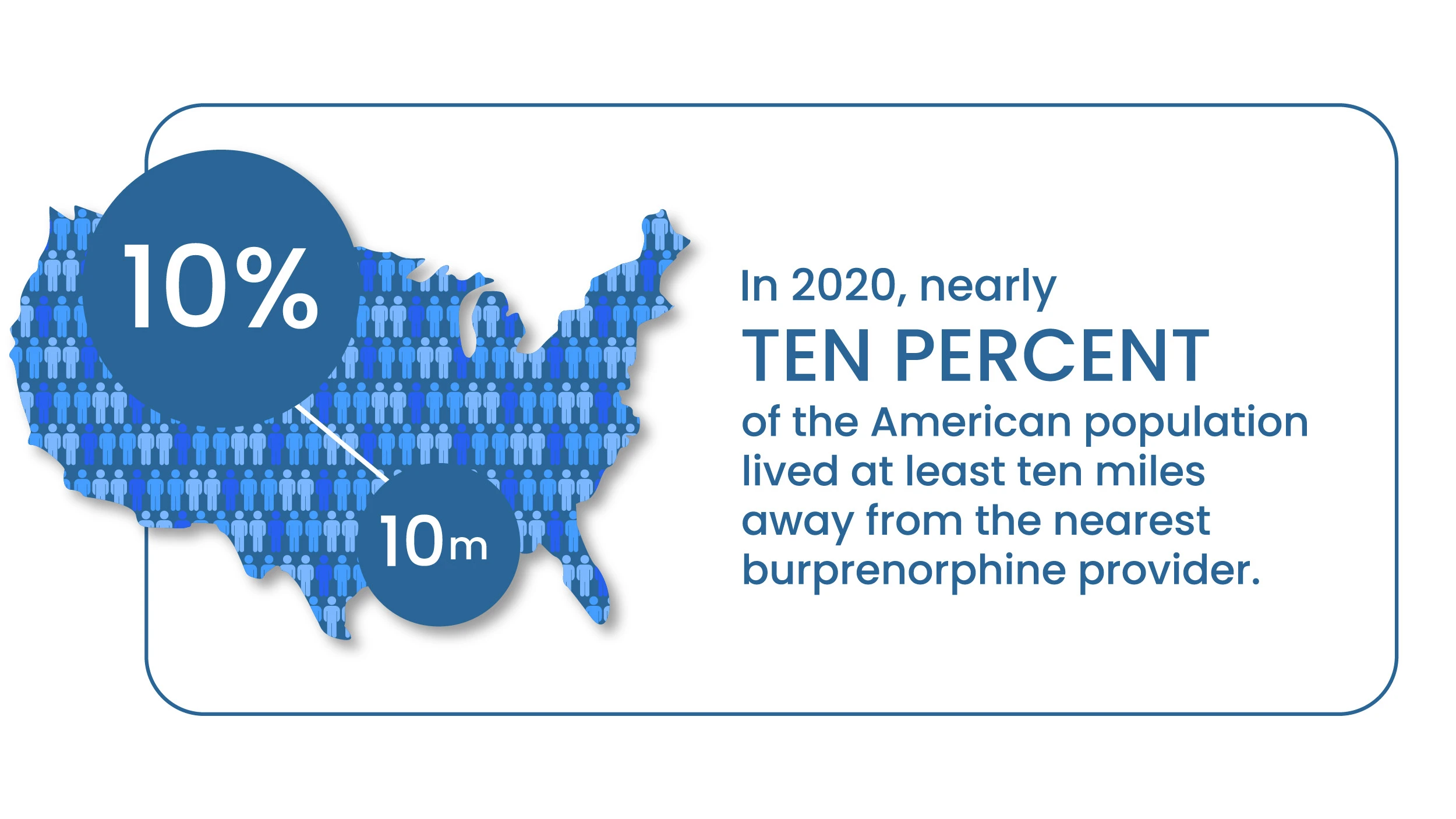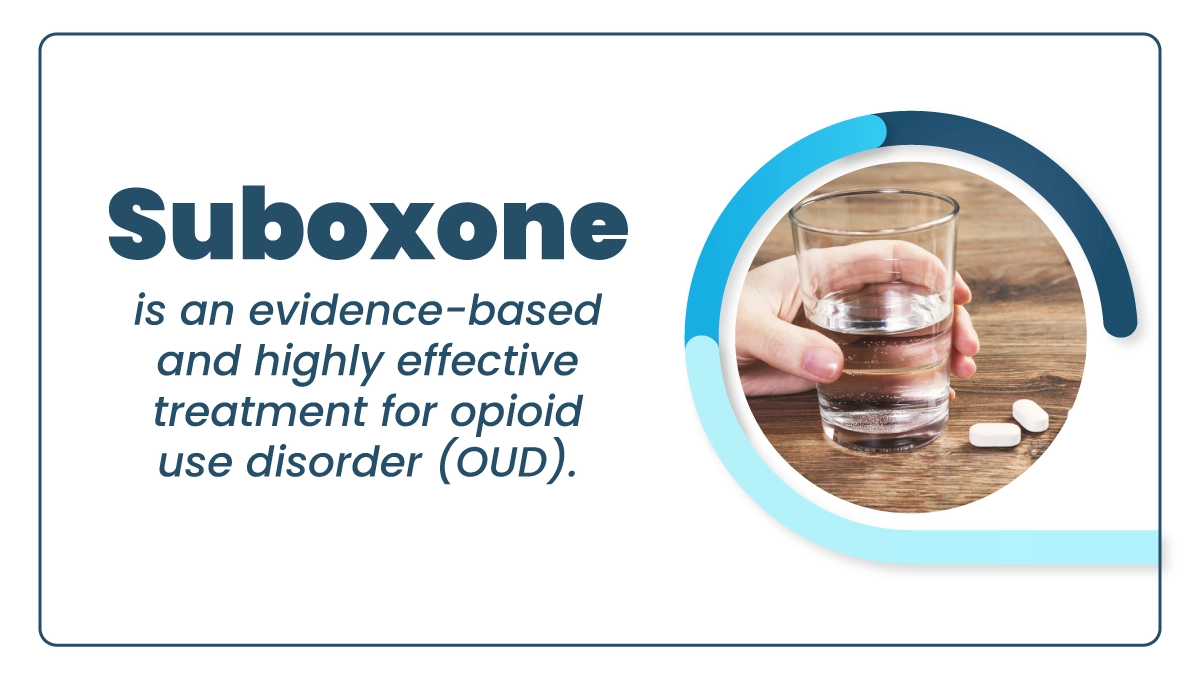Hope for Recovery: Suboxone Treatment in Arkansas
Suboxone is a medication used to treat opioid addiction by reducing withdrawal symptoms and cravings. It contains two active ingredients: buprenorphine and naloxone.
While Suboxone can effectively treat opioid use disorder (OUD) when prescribed, it can also be addictive if misused or abused.
Some people abuse Suboxone by taking it in higher doses than prescribed, crushing and snorting the pills, or mixing it with other drugs. This can lead to the development of dependence and addiction.
Overall, Suboxone addiction is a severe issue in Arkansas, as it is in many other parts of the country. However, resources are available for those struggling with addiction, including medication-assisted treatment (MAT), therapy, and support groups.

Treatment Services
Suboxone addiction can be a challenging problem to overcome. However, it is not impossible. If you or someone you love is struggling with Suboxone addiction in Arkansas, there are treatment services available to help.
One common treatment for Suboxone addiction is medication-assisted treatment (MAT), which involves the use of medications to manage withdrawal symptoms and cravings. MAT can be highly effective in helping individuals overcome addiction and achieve long-term recovery.
Behavioral therapies are also a vital part of addiction treatment. These therapies help people address root causes that may have contributed to their addiction. These therapies also help develop coping skills to avoid cravings and prevent relapse.
In addition, many treatment centers also offer support groups and aftercare programs to help people maintain their sobriety and prevent relapse.
It is important to remember that everyone’s journey to recovery is different, and treatment should be tailored to the individual’s specific needs.
Key Takeaways
Suboxone is a mix of buprenorphine and naloxone that is used to treat opioid addictions. Here is what you need to know:
- Suboxone is used to treat OUD. However, it can lead to addiction if misused or abused.
- Many symptoms can help determine if you have Suboxone addiction, such as intense cravings, loss of control over use, withdrawal symptoms, and more.
- Suboxone addiction can stem from different causes, such as family history and the addictive potential of the drug.
- Risk factors of Suboxone addiction may include drug access, peer pressure, and lack of supervision.
- Treatment of Suboxone addiction may include detox, inpatient treatment, dual diagnosis, therapies, and more.
Get professional treatment for Suboxone addiction at The Haven Detox-Little Rock. Contact us today at (501) 271-3342!
Symptoms of Suboxone Addiction
Suboxone, like any other prescription medication, has the potential to be abused and lead to addiction. It can result in a range of mild to severe symptoms.
If you or someone you know is experiencing Suboxone addiction symptoms, seeking help from a healthcare professional or addiction specialist is essential.
When to Seek Treatment…
Suboxone is a medication used for the treatment of opioid addiction, but it can also be addictive itself. Here are some symptoms that may indicate a suboxone addiction:
- Having intense urges to use Suboxone
- Withdrawal symptoms, such as nausea, vomiting, diarrhea, sweating, anxiety, and insomnia
- Take higher doses of Suboxone to achieve the same effects
- Loss of control over how much Suboxone you take or how often you use it
- Neglecting responsibilities at work, school, or home because of Suboxone use
If you are experiencing any of these symptoms, it’s time to seek treatment for Suboxone addiction.
If a Loved One Needs Help…
If you have someone you care about who needs help with Suboxone addiction, it can be difficult to know how to support them.
Following are a few ways that can help you support your loved one:
- Start by having an open and honest conversation with your loved one about your concerns.
- Learn about Suboxone addiction and its treatment options, so you can have a better idea of what your loved one is going through and provide informed support.
- Encourage them to seek treatment for Suboxone addiction.
- Avoid enabling your loved one’s addiction by not giving them money or providing access to Suboxone. Instead, offer support for their recovery.
- Be patient, supportive, and non-judgmental throughout the process.
Remember, addiction is a complex disease, and recovery is a journey. With the right support and treatment, your loved one can overcome Suboxone addiction and achieve long-term recovery.

Risk Factors
While Suboxone can be an effective tool in the recovery from OUD, it can also be addictive. Several risk factors can contribute to Suboxone addiction, including drug access, peer pressures, and lack of supervision.
One of the major risk factors for Suboxone addiction is drug access. Suboxone is a prescription medication, but it is still possible for individuals to obtain it illegally.
This can occur through buying the drug from someone who has a prescription or even stealing the medication from someone with a prescription.
Individuals who have a history of drug addiction may be more likely to seek out Suboxone as a means of getting high. They may also be more prone to take higher doses than prescribed, increasing their risk of addiction.
Another risk factor for Suboxone addiction is peer pressure. Individuals recovering from opioid addiction may be surrounded by peers who are also in recovery. While this can be helpful in many ways, it can also be a source of peer pressure.
For example, suppose someone in a recovery group is taking Suboxone and claims that it helps them feel better. In that case, others in the group may feel pressure to try it as well. This can increase the likelihood of Suboxone addiction.
Lack of supervision is another risk factor for Suboxone addiction. While Suboxone is a medication used to treat addiction, it is still a powerful drug that can be addictive.
Individuals who are taking Suboxone need to be monitored closely by a healthcare professional to ensure that they are taking the medication as prescribed and not abusing it.
However, some individuals may not have access to regular medical care or may not be taking the medication under the supervision of a healthcare professional. This can increase the risk of Suboxone addiction.
Causes of Suboxone Addiction
Suboxone addiction is a growing problem in today’s society. There are several causes of Suboxone addiction, including family history, addictive potential, environmental factors, and others.
One of the primary causes of Suboxone addiction is family history. If someone has a family member who struggled with addiction, they are more likely to become addicted to drugs themselves.
This is because addiction has a genetic component, and some people are more predisposed to addiction than others.
Another cause of Suboxone addiction is the addictive potential of the drug itself. Suboxone is a powerful opioid that can create a sense of euphoria and pleasure in those who take it.
This can lead to dependence and addiction, as people seek out that feeling over and over again.
Environmental factors can also play a huge part in Suboxone addiction. People who live in areas with high rates of drug use or who have friends or family members who use drugs are more likely to become addicted to drugs themselves.
Additionally, people who suffer from stress, trauma, or other mental health issues may turn to drugs as a coping mechanism.
Other causes of Suboxone addiction may include a history of childhood trauma, a lack of social support, or a lack of access to appropriate medical care. These factors can all contribute to the development of addiction.

Effects of Suboxone Addiction
Suboxone is a medication used in MAT to help people manage opioid addiction. It contains a combination of buprenorphine and naloxone and works by reducing withdrawal symptoms and cravings for opioids.
However, despite its intended use, Suboxone addiction can have significant negative effects on various aspects of a person’s life.
Suboxone addiction can affect a person’s safety in several ways. One of the major dangers is the risk of overdose.
Like opioids, Suboxone can cause respiratory depression, which can lead to death if taken in high doses. People who abuse Suboxone may take higher doses than prescribed or combine it with other drugs, increasing the risk of an overdose.
Additionally, Suboxone addiction can impair a person’s judgment and motor skills, increasing the likelihood of accidents, falls, or other injuries.
Suboxone addiction can also take a toll on personal relationships.
People dealing with Suboxone addiction may become isolated from loved ones who do not understand or support their addiction. This isolation can cause feelings of depression and loneliness, which can worsen the addiction.
Additionally, people who abuse Suboxone may become preoccupied with obtaining and using the drug, neglecting responsibilities and commitments to loved ones. This can cause strain in relationships and lead to conflicts and arguments.
Suboxone addiction can also have a significant impact on a person’s employment.
People struggling with Suboxone addiction may have difficulty maintaining a steady job due to absenteeism, reduced productivity, or disciplinary issues related to substance abuse. In some cases, suboxone addiction may lead to job loss or termination.
Additionally, addiction can affect a person’s ability to perform job duties safely, particularly if the job requires operating heavy machinery or driving.
Suboxone addiction can also take a toll on a person’s physical and mental health.
In addition to the risk of overdose, Suboxone abuse can cause a range of side effects, including constipation, nausea, vomiting, headaches, and dizziness. Prolonged abuse can lead to liver damage, respiratory problems, and other health complications.
Additionally, addiction can worsen existing mental health conditions, such as depression, anxiety, or bipolar disorder.
Get Help
If you’re suffering from Suboxone addiction, getting help as early as possible is essential. Alcoholism is a severe illness that can lead to many problems. Getting help as early as possible can significantly improve your chances of recovery. Call us to get started with treatment.
Our resources are available to help you overcome your addiction with evidence-based therapies and innovative treatments proven by medical science to effectively manage your addiction. Our admissions counselors can help you learn more about the disease and how to keep it out of your life. Contact us confidentially today.

Treatment of Suboxone Addiction
When it comes to addiction treatment, there are various options available depending on the severity of the addiction and the individual’s needs. These options range from medical detox to residential treatment, adjunct therapies, and dual diagnosis treatment.
Medical Detox
Medical detox is often the first step in addiction treatment. It involves a medically supervised process of safely removing harmful substances from the body.
Withdrawal symptoms can be severe and potentially life-threatening. Medical detox helps manage these symptoms while providing a safe and friendly environment for the individual.
Medical detox is typically performed in an inpatient setting and can last anywhere from a few days to a week or more.


Dual Diagnosis Treatment
Dual diagnosis treatment is a specialized approach to addiction treatment that addresses both substance abuse and any underlying mental health disorders.
Studies have shown that many individuals struggling with addiction also have co-occurring mental health issues, such as anxiety or depression. Dual diagnosis treatment combines traditional addiction treatment methods with mental health services, such as counseling and medication management.
This approach helps individuals address the root causes of their addiction and increases the chances of long-term recovery.
Residential Treatment
Residential treatment, also known as inpatient treatment, provides individuals with a structured environment that removes them from the distractions and triggers of daily life.
This form of treatment involves staying at a treatment center for an extended period, typically 30 to 90 days.
During this time, individuals receive intensive therapy, medication management, and other forms of support to help them overcome addiction.

The Haven Detox-Little Rock: Your Partner to Sobriety
If you or someone you know is struggling with Suboxone addiction, it’s important to know that you’re not alone and help is available. Addiction can be a lonely experience, but you don’t have to fight it alone.
Reaching out to professionals at The Haven Detox-Little Rock can be your best bet. We can help you navigate the challenges of addiction and provide emotional support.
We offer a range of addiction treatment programs, including medical detox, inpatient treatment, and therapies. Our mission is to make the recovery process for our patients a breeze.
Along with Suboxone addiction, our treatment team has expertise in treating all other drug addictions in a safe and supportive environment.
Contact us today at (501) 271-3342 for more information on how we can help you.




